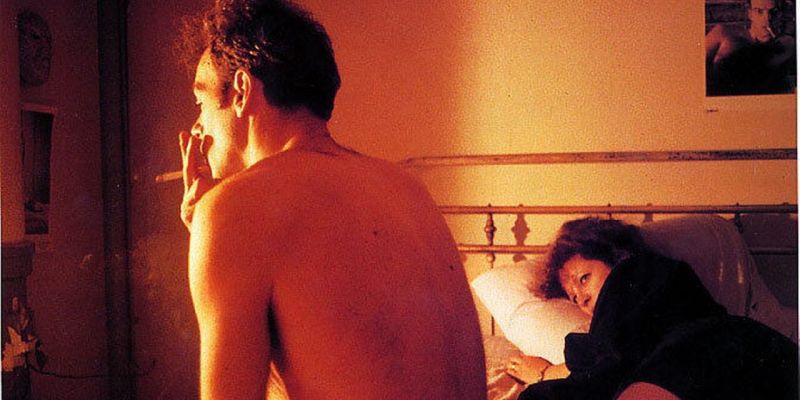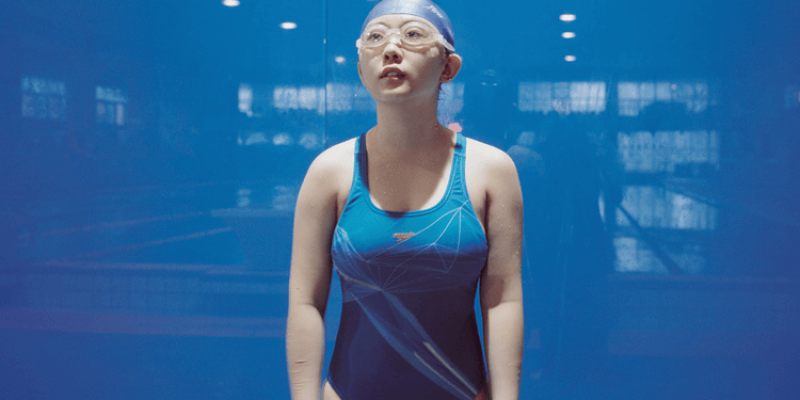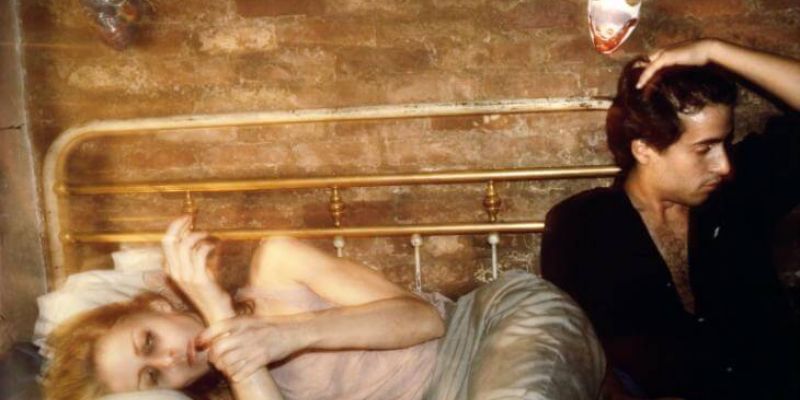Embracing Subjectivity in Jo Metson Scott’s The Grey Line by Sunil Shah
Images courtesy of Jo Metson Scott
Two years ago, Allan Sekula proposed that all ‘new documentary’ had a tendency towards ‘subjectivism’ and ‘authorial self-revelation’1. Jo Metson Scott’s five year The Grey Line is a good example of what Sekula meant by this seemingly contradictory statement. Contradictory, because documentary photography (or film for that matter), has typically been aligned with a detachment of the photographer from an area of study; the myth of objectivity and the delusion that one’s presence as witness does not influence the photographic results.
Sekula’s criticism of documentary photography is not new to the world of contemporary photography. Documentary photography is now readily accepted as art. Jo Metson Scott’s socio-politically motivated project is very much positioned within an art context. Her inquiry into armed forces personnel who have gone AWOL is explored subjectively with a distinctly personalised perspective. Metson Scott both recognises and subverts journalistic convention and codes of the ‘journalistic turn’ to create an yet very personal project.
The ‘journalistic turn’ can be defined as an approach which exposes research and constructs the work using text/image formats. Taryn Simon’s A Living Man Declared Dead and Other Chapters and Jim Goldberg’s Open See are recent examples. These works are rooted in a desire to understand as opposed to simply capture the subject. They seek to expose complex narratives despite the medium’s inherent reductive characteristics.
Clearly visible in both works, are captions and short textual extracts which contextualise the material in a manner similar to the way magazine and newspaper articles append photographs to text. As daily consumers of media our eyes are well adjusted such juxtapositions of text and image. The authority and ethics that come from news media sources conform to our expectations of how the ‘truth’ is told. Yet Metson Scott precludes this by exposing her sketchbooks, which through their honesty and direct relationship to her research add an extra layer of authenticity to the work.
We don’t appear to be looking at highly mediated, edited or polished work; instead, we are taken through Metson Scott’s own diaristic entries and processes. An example of how self-reflexivity might add authenticity to documentary practice.
Does empathy drive documentary photography or indeed our desire to look at Metson Scott’s work? Perhaps it does so through this humanitarian connection with the unfortunate experiences of those who have been overlooked by society and ostracised unfairly. This work shows how war photography has shifted its direction towards home, where survival for these ex-soldiers takes on a different form. This work brings the effects of war to our doorsteps.
Metson Scott’s subjectivity is projected onto us. It shines a light on the subject without victimisation and sensationalist mediation. Documentary in this way – by embracing subjectivity – renews its validity in the face of its own potential collapse through changing attitudes to authority and systems of power.
We can’t be sure of what it feels like to be one of these former soldiers who chose not to participate; photographs alone can’t possibly do that. But we can be sure of Metson Scott’s work, through sensitive and careful study, allows us into her subjective. In the end, we want to know and feel for the people she has given a voice to.
1.Sekula, Allan, ‘Eleven Premises on Documentary and a Question in Mutations, Perspectives on Photography, Paris Photo/Steidl, 2011, p. 265.
 Sunil Shah is an artist and curator based in Oxford, UK. He is interested in the politics of photographic representation and conceptual post-documentary practices with relation to history, memory and identity. He has undertaken several curatorial projects including Making Home at the Royal Geographic Society, London for the HLF funded Exiles Project and acted as co-curator for Brighton Photo Fringe Open ’13. He holds degrees from Coventry University and the University of Westminster. www.sunilshah.info
Sunil Shah is an artist and curator based in Oxford, UK. He is interested in the politics of photographic representation and conceptual post-documentary practices with relation to history, memory and identity. He has undertaken several curatorial projects including Making Home at the Royal Geographic Society, London for the HLF funded Exiles Project and acted as co-curator for Brighton Photo Fringe Open ’13. He holds degrees from Coventry University and the University of Westminster. www.sunilshah.info
Tags: documentary photography, exhibition review, jo metson scott, london photography exhibition, new documentary, subjectivism, the grey line



